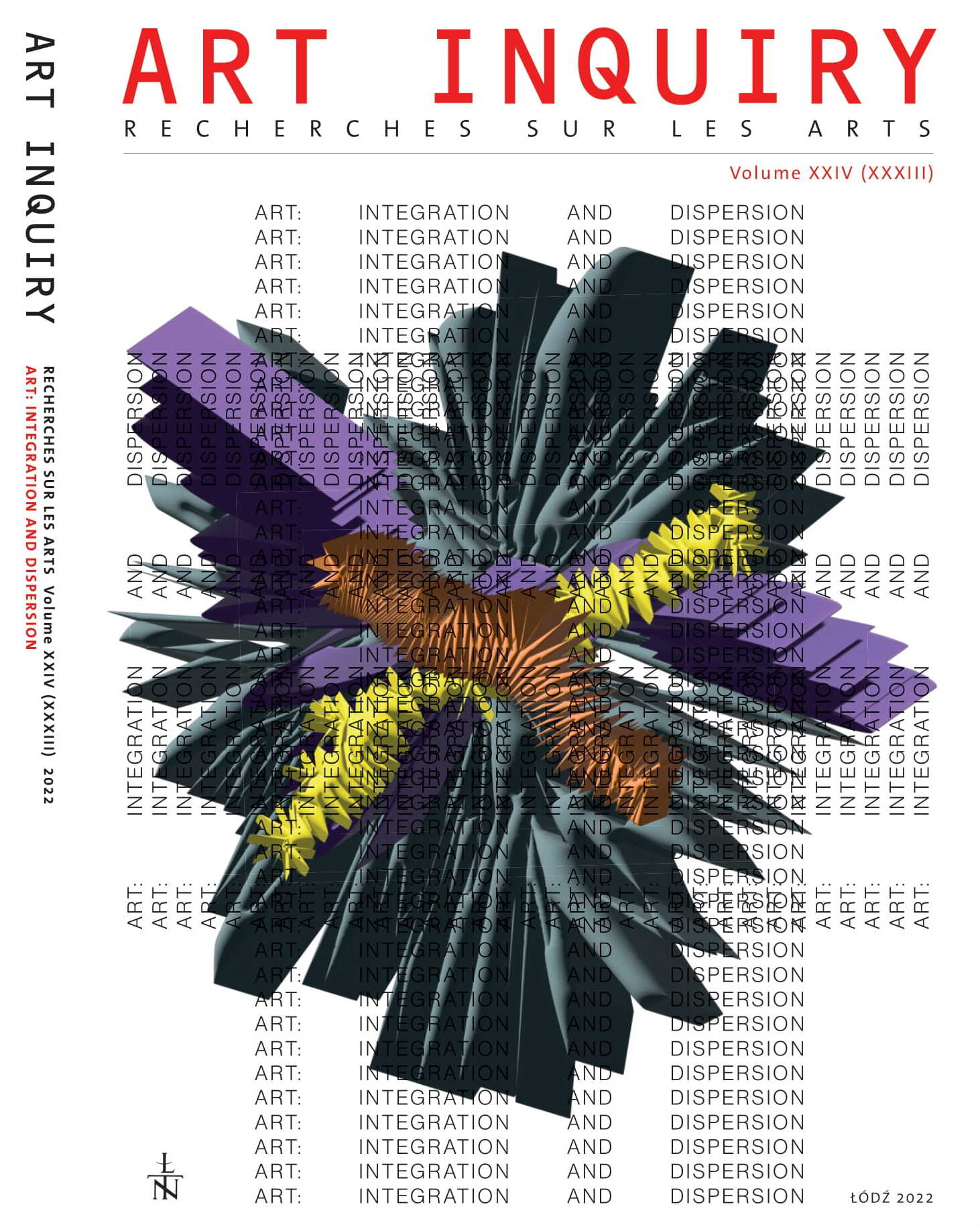Discontinuity in the Development of Modern Cities in Rem Koolhaas' Theories
DOI:
https://doi.org/10.26485/AI/2022/24/15Keywords:
architectural theories, contemporary town planning, Rem Koolhaas, generic cityAbstract
Cities played a major role in human civilization, but there have been major changes in their forms. Throughout their long history, they have exhibited characteristics that contradict each other. Historians, noticing the differences in the properties of cities, pointed to their many types. The decisive division assumed that "oriental" cities are ruled by autocratic regimes, while "western" cities are liberal and democratic. This kind of division was often questioned, especially because it seemed that liberal-democratic systems had finally dominated world politics in the late 20th century. The turn of the 21st century showed that such predictions were not correct. Rem Koolhaas' theory of Generic Cities demonstrates that there has been an unexpected change and that city forms in which Western culture values are irrelevant are now gaining importance.
References
Baecker, Dirk (2009) Stadtluft macht frei: Die Stadt in den Medienepochen der Gesellschaft “Soziale Welt”, vol. 60, no. 3, pp. 259-283.
Ellul, Jacques (1970) The Meaning of the City. Translated by Dennis Pardee, Grand Rapids (Michigan): Eerdmans.
Koolhaas, Rem, Mau, Bruce, (1995) S,M,L,XL, Rotterdam-NewYork: The Monacelli Press.
Koolhaas, Rem (1994) Delirious New York. A Retroactive Manifesto for Manhattan, New York: The Monacelli Press.
Nędza-Sikoniowska, Kinga (2021) Nowoczesne. O syberyjskich miastach okresu radzieckiego – przypadek Nowokuźniecka i Magnitogorska, Kraków: Wydawnictwo Uniwersytetu Jagiellońskiego.
Rinzler, Jonathan W. (2008) The Making of Star Wars: The Definitive Story Behind the Original Film. London: Ebury Press.
Stierli, Martino (2018) Montage and the Metropolis. Architecture, Modernity, and the Representation of Space, New Haven and London: Yale University Press.
Weber, Max (1922) Wirtschaft und Gesellschaft. Die Wirtschaft und die gesellschaftlichen Ordnungen und Mächte. Die Stadt. Tübingen: Verlag von J.C. Mohr (Paul Siebeck).



